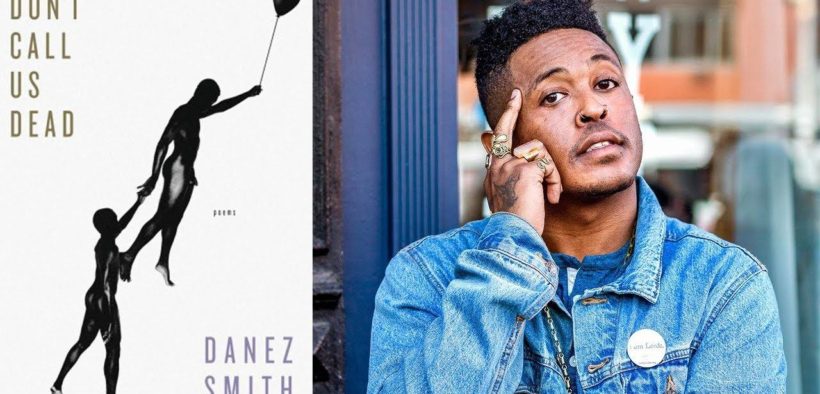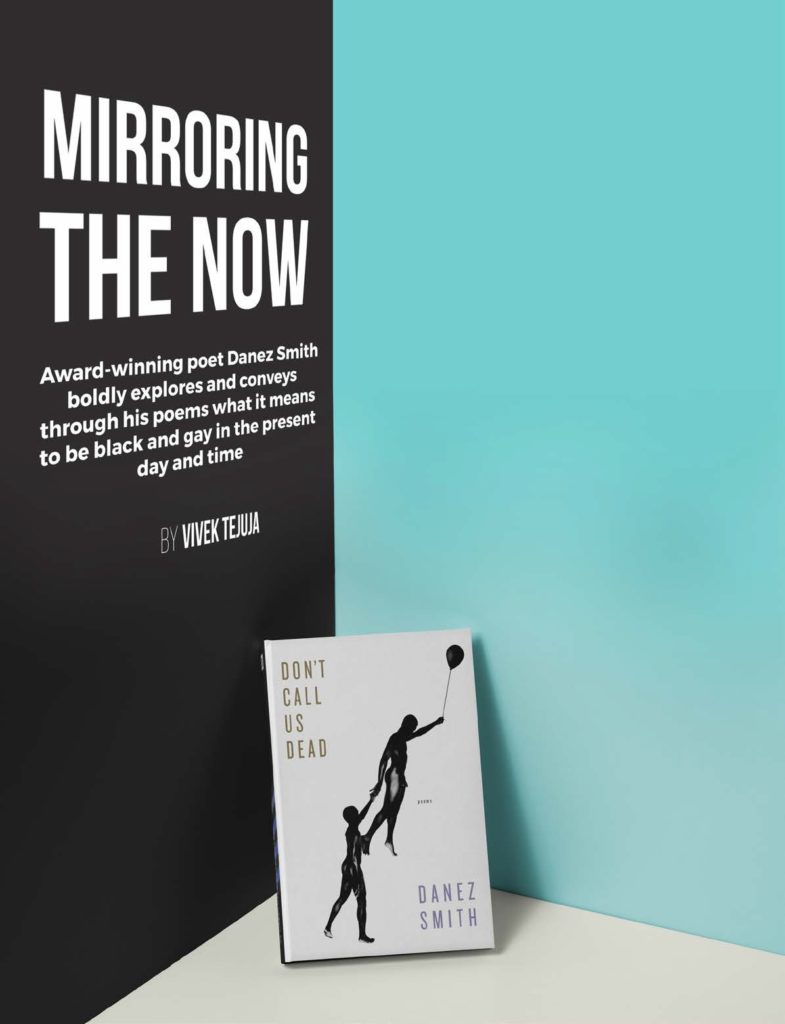Mirroring The Now

Award-winning poet Danez Smith boldy explores and conveys through his poems what it means to be black and gay in the present day and time.
By Vivek Tejuja
I think for the longest time I avoided reading poetry as a genre because I was scared. Prose will kill you. Let me correct that: good prose will kill you. Great prose will leave you bereft, or the other way around. But once poetry gets into your veins, there is no way out of it, my friend! And to my introduction to Neruda, never say never might work brilliantly as an adage.
I love poetry. I love poems that seize my heart and wring it with ease. Sometimes brutally. But why am I saying all this? Well, because I have just finished reading a brilliant collection of poems and I want to let you know how I feel about it.
I love poetry. I love poems that seize my heart and wring it with ease. Sometimes brutally. But why am I saying all this? Well, because I have just finished reading a brilliant collection of poems and I want to let you know how I feel about it. The book in question: Don’t Call Us Dead by Danez Smith.

This collection isn’t an easy one to peruse. If you are planning to read it at one go, my recommendation is, you don’t. Smith doesn’t make poetry floral or sweet-smelling or even bearable, for that matter. And I couldn’t agree more. Poetry, like most forms of art, reflects what exists around us, as it ideally should, for very good reason.
“…paradise is a world where everything
is a sanctuary & nothing is a gun…”
Just reading these two lines, I was moved like I haven’t been moved in a while. The idea that every place is a sanctuary (so remote, isn’t it?) and that nothing is a gun couldn’t have rung truer than it does now. The now that we live in that the poet describes so vividly hits so hard.
Smith’s voice is much needed for everyone, but more so for the black man. For the young, queer black man who has endured a history of oppression and violence. Smith’s poems reflect empathy in its finest form and are written for those who wish to change the world for the better.
The beauty in all of them is striking, almost heartbreaking even.
Take this one for example, where the loneliness of the gay man is stark, evident, and universal, that it strikes a chord one way or the other.
“..everyone on the app says they hate the app but no one stops
I sit on the train, eyeing men, begging myself to talk to them I sit on the face of a man I just met
He whispers his name into my lower mouth I sing a song about being alone”
The brazen poet does not shy away from expressing his honest feelings. Some poems run into pages and lots of pages (for good reason) while others are explained in all brevity and yet are as effective as any other poem in the collection. This isn’t micro-poetry. This isn’t slamming poetry. It is a life that seeps, bleeds and yearns through the veins and pores.
Don’t Call Us Dead is set in a time— our time—which is equal parts scary, liberating and melancholic. Let me remove my proverbial hat and tip it to Smith.
















